Implementing an inclusive environment with assistive technology in Higher Education
)
Assistive technology has made great leaps and bounds in all areas of life: from the workplace to home to universities and colleges. Technology always moves at a pace, but recent developments in assistive technology have the power to transform lives, particularly those with disabilities.
To provide an inclusive environment where assistive technology can thrive you need to have the following:
- Funding
- Training
- Time
- Strategy
Whatever phase of education, the need for the above to be met with reasonable and effective policies that benefit the individual as well as the organisation will lead to better outcomes for all. From assessment of need, through provision towards the workplace, a well thought out plan based around the needs of the individual will lead to effective deployment and use of assistive technology.
Without these components, your introduction of assistive technology will not be as productive. Policy and permissions are an area that is both controversial and important at this time. Voice to text technologies are presenting a challenge to universities and schools. According to the law, it is permissible to take recordings of lectures, talks and lessons as long as it is not shared on social media and that it is for personal use only. Live speech to text note taking software, such as Glean and ivvi mindmapping software that uses speech to text, would no doubt really help neurodiverse pupils and students as well as those with physical difficulties take notes and have a copy that can be listened to or worked on again.
Information that is electronic can be shared and that applies to electronic writing tools, such as ReMarkable 2, and paper-based products that can transfer to electronic means, such as Rocket Book and Scanning Pens. Once in an electronic form, information can be edited and produced in any format to aid the person who may have a visual impairment or requires certain display formats to reduce visual stress.
Perhaps the biggest hot potato at the moment in the education sector is artificial intelligence (AI). Ethics needs to be introduced so that plagiarism and critical thinking can be protected. We need to hold a debate about such issues in the education sector. We need to share what uses of AI are being put to in the education world. It’s important for educators to not shrink from the debate at this time and hope it will go away as a passing phase. It will not. It’s here to stay and for better or worse we need to take steps to own this or else it could own us.
If you have experiences or opinions on this, please view this link. That way we can develop the checks and balances needed to use the power of AI to help overcome learning barriers and enable pupils and students with a wide range of diverse needs to be successful. There are huge benefits to be gained from employing AI appropriately as a tool not a master.
In conclusion, in all my years in education I have seen dramatic improvements in assistive technology that are truly making a difference to learners’ outcomes and achievements. It’s rewarding to hear of individual and organisational stories where creative solutions have made a difference and provided life-changing opportunities for their learners.
As the song goes, let’s “Look to the future we’ve only just begun”.
Myles Piling will be part of a panel discussion on Building an inclusive campus culture for SEND and neurodiverse students using assistive technology in the Ahead Auditorium on Wednesday 22nd January 2025. You can also view the full range of SEND-related content at Bett on our dedicated webpage here.
Register for your ticket here.
Tags
- AI
- assistive
- benefit
- electronic
- environment
- higher
- implementing
- inclusive
- individual
- learners
- need
- needs
- s
- students
- such
- take
- technology
- text
- use
- ways
- well


)
)
)
)
)
)
)
)
)
)
)
)
)
)
)
)
)
)
)
)
)
)
)
)
)
)
)
)
)
)
)
)
)
)
)
)
)
)
)
)
)
)
)
)
)
)
)
)
)
)
)
)
)
)
)
)
)
)
)
)
)
)
)
)
)
)
)
)
)